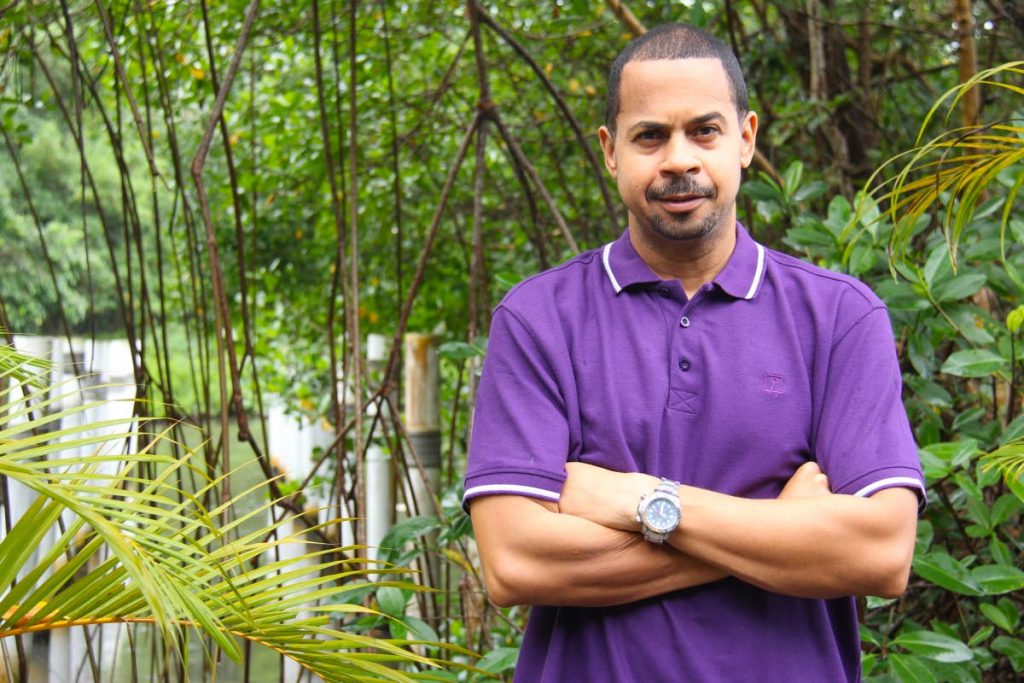To journalists on the frontlines

THIS IS, perhaps, one of the most challenging and/or exciting times to work in the media. For many journalists, this enduring “moment” will possibly be the most significant of their careers. That's a huge responsibility – one that members of the profession have carried for more than a year without respite.
Today, journalists live and work with blinding public scrutiny and withering criticism. Everyone knows how to do your job better. Politicians cuss the media while using the same media they are cursing. “Journalists today is de wuss! is a popular refrain among the Facebook horde.
When I entered the profession in the 1990s, many believed myself and other initiates embodied the end of a golden era in broadcast journalism. We were the bronze age, maybe. Not newshounds, but the other kind of hounds – the less flattering appellation Newsday won't allow me to spell out. But at least Facebook didn't exist in my time.
So, is all the criticism of journalists unfair? Well, like most news stories there are two sides. If I'm honest, at times, I feel let down by my former profession.
During covid19 press briefings, I sometimes think journalists are mainly audience members rather than inquisitors. Too often politicians at those didactic dirges are allowed to get away with either obfuscation or the bare minimum they deem important for the public.
That's why I was so pleased to have my flagging faith reignited while watching a recent press briefing. One journalist, in particular, Joshua Seemungal, was strident in his line of inquiry. It was great work; a vigour and thoughtfulness the PM probably hadn't anticipated.
For example, when Seemungal asked the PM whether he stood by Donna Cox's recent “greed” remark, Dr Rowley snarled, “It was not my statement, I don't have to stand by it.” Seemungal didn't leave it there, though. He pressed his point indicating many people believe Cox's statement shows the Government is out of touch with the socio-economic realities in the country; a fair comment.
The only adjustment I would have made would be to ask the PM a more direct follow-up question: do you agree with what your Social Development Minister said? Or, in your opinion, Dr Rowley, was that an appropriate response from the minister to lines of people hoping for hampers?
If you will permit a bit of presumptuousness, here are some more general suggestions for reporters at the covid19 briefings.
Question time is quite short so it's best to use it for the most pressing concerns. Curate your questions beforehand to ensure you're armed with the most relevant ones. Ask senior journalists in your newsroom for guidance on the urgent issues of that day. Then think about how the PM and others are likely to respond to a question and have several follow-up questions in reserve. These people aren't sophisticated creatures; responses are predictable, so use that to your advantage.
It's okay to ask questions that follow up on those posed by journalists from other media houses. The media can work together as a single organism to ensure critical points are addressed comprehensively or, conversely, avoided demonstrably.
Before briefings, practise framing and verbalising your questions. Saying them out loud beforehand reduces the likelihood that they'll come out garbled or be misconstrued. Politicians have a pre-programmed setting that makes them pounce on the smallest mistake in a question. They then use the opportunity found in a minor flaw in articulation to undermine the question altogether.
Make self-learning a personal commitment.
Local media houses are famously tight-fisted when it comes to spending on continued training for journalists. That's not news. However, you have a responsibility to hone your skills through independent training. It's your name on the story, your face on television, and your reputation on the line.
Look at programmes like Good Morning Britain on the YouTubes to see how other journalists tackle similar issues. Anyone interested in advancing their careers or improving their performance learns from others at the top of their game. There are also countless affordable, self-paced online courses that can enhance your capabilities. The world has evolved to make continuous learning a normal feature of life, in every profession.
I humbly make these suggestions knowing the rocky but rewarding path I travelled in my newsroom days. Some criticism sent your way is unfair. Some of it is legitimate. It's better to process criticism in an objective manner. See it as information that can help you improve rather than negativism with only destructive intent.
You, the journalist, are still society's best defence against the tyranny of corrupt and incompetent governance.


Comments
"To journalists on the frontlines"